Biden defends Saudi Arabia trip, says aims to 'strengthen strategic partnership' with Riyadh
US President Joe Biden has defended his decision to travel to Saudi Arabia as part of an upcoming visit to the West Asia region, saying he aims to bolster partnership with Riyadh during the trip next week.
Biden, who is scheduled to visit the region between July 13 and 16, wrote in a Washington Post opinion piece published on Saturday that he aims to "strengthen a strategic partnership" with Saudi Arabia during the West Asia trip.
"As president, it is my job to keep our country strong and secure," Biden said. "To do these things, we have to engage directly with countries that can impact those outcomes. Saudi Arabia is one of them, and when I meet with Saudi leaders on Friday, my aim will be to strengthen a strategic partnership going forward that's based on mutual interests and responsibilities.”
In the opinion piece, Biden signaled Washington’s call for Saudi oil production hikes in the hope of taming spiraling fuel costs and inflation, distancing himself from long-running efforts to ostracize the kingdom's de facto leader, Crown Prince Mohammed bin Salman, over the 2018 brutal assassination of dissident journalist Jamal Khashoggi.
"I know that there are many who disagree with my decision to travel to Saudi Arabia. My views on human rights are clear and long-standing, and fundamental freedoms are always on the agenda when I travel abroad," Biden wrote.
Biden, who was a presidential candidate in 2018, said at the time that the murder and dismemberment of Khashoggi in the Saudi consulate in the Turkish city of Istanbul had made Riyadh a "pariah."
The White House confirmed earlier this week that the US president would meet Saudi King Salman bin Abdulaziz and his leadership team, including the Saudi prince, during the upcoming trip.
However, the cornerstone of Biden’s July trip is that he would first stop in Israel and meet with the regime’s officials to reassure Tel Aviv of Washington’s unbreakable bond with Israel and its deep commitment to Israeli security in the face of what is claimed to be “threats” from Iran.
Biden wrote in the Washington Post opinion piece that he would be the first president to fly from Israel to Saudi Arabia's southern city of Jeddah next week, which he said would be a small symbol of "budding relations and steps toward normalization" between Israel and the Arab world.
The four Arab countries of the United Arab Emirates, Bahrain, Morocco, and Sudan normalized their ties with Israel in 2020 under the administration of former US President Donald Trump.
Saudi Arabia and Qatar are yet to jump on the bandwagon but the two have conditioned normalizing ties with the regime on the establishment of an independent, sovereign Palestinian state within the 1967 borders.
Biden’s West Asia trip also comes as the idea of the formation of a Middle East military alliance similar to the US-led NATO has been floated by some regional states, raising eyebrows among world leaders as the expansion of NATO has already wreaked havoc across Russia’s western borders.
China’s President Xi Jinping warned last month against “expanding military alliances”, urging countries around the world to overcome difficulties together and work toward win-win cooperation.
The Chinese Foreign Ministry also described NATO’s expansion in the Asian-Pacific region as dangerous and called on the military alliance to avoid attempts to start a new Cold War.
The interventionist approach of the United States, as an extra-regional country, has for long been taken to task, with the successive US administrations providing logistic and arms support to terrorist groups in the region through their allies as part of Washington’s policy to foment tensions and plunder oil and natural resources of the regional countries.
Lapid to Netanyahu: ‘Jews' greatest disaster since Holocaust will always belong to you'
‘Day Without Immigrants’, response to US immigration crackdown
Israeli strikes hit Syria’s air defense battalion near Tartus port city
Iran deputy FM meets with Qatari officials in Doha to discuss cooperation
VIDEO | Israeli forces kill Palestinian during Jenin raid as UN ‘alarmed’ by West Bank onslaught
Israel launches ‘deepest invasion yet’ into Syria’s territory: Reports
VIDEO | Second 'Day without Immigrants' in US: A stand against deportations
VIDEO | Press TV's news headlines


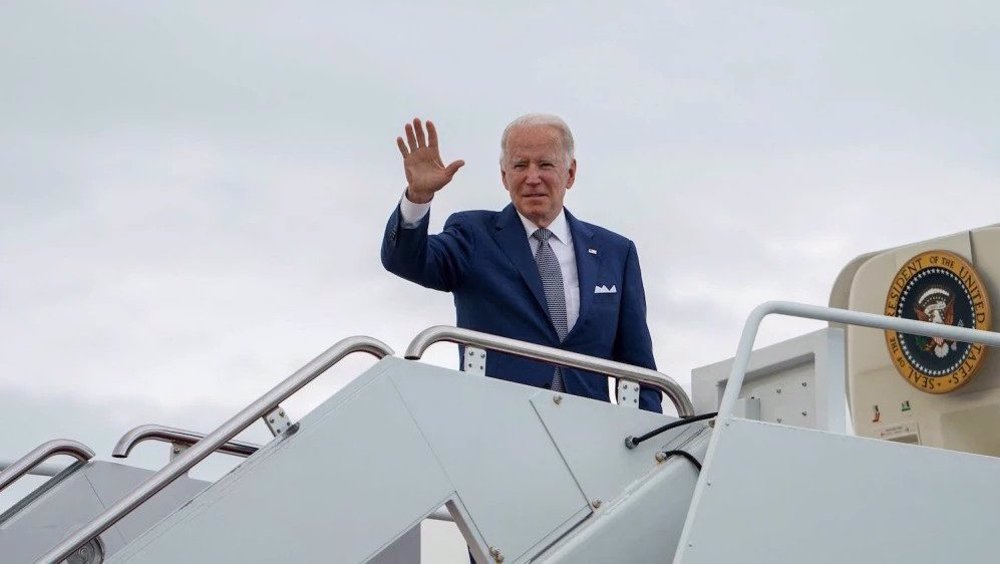
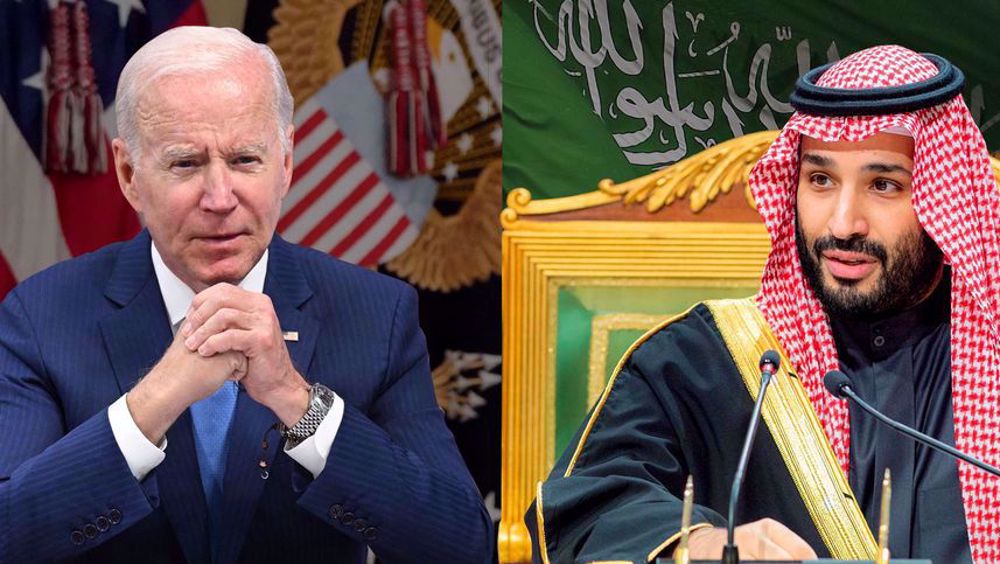
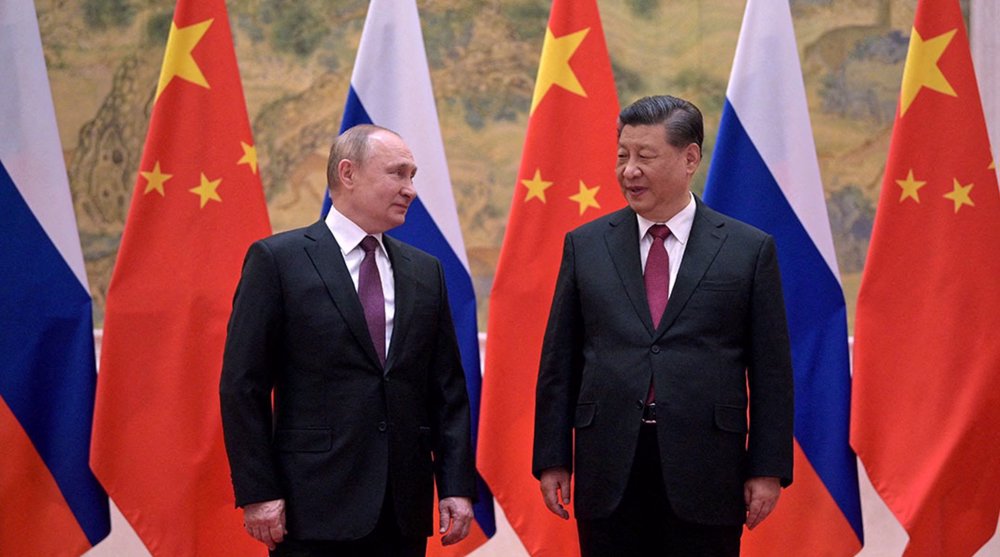


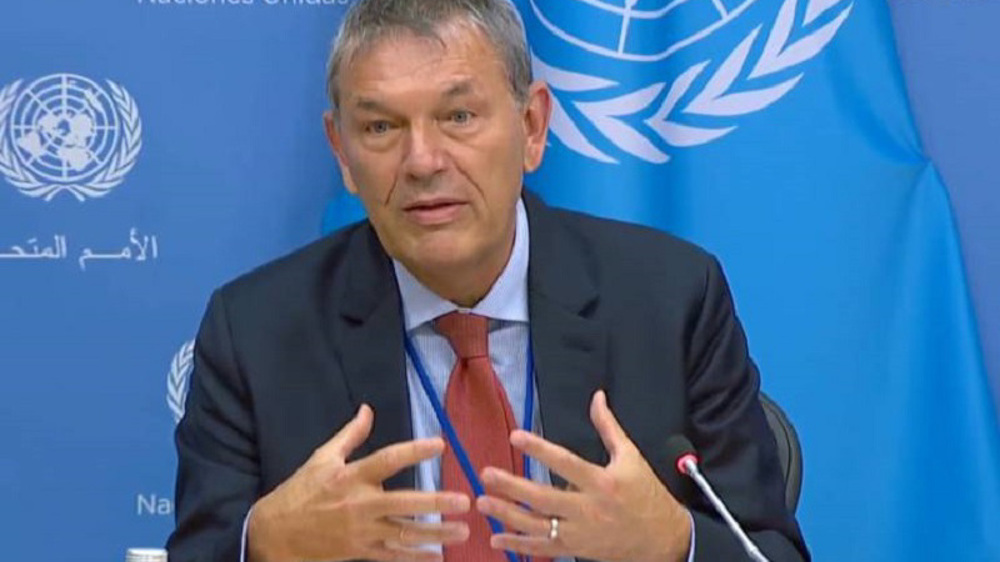



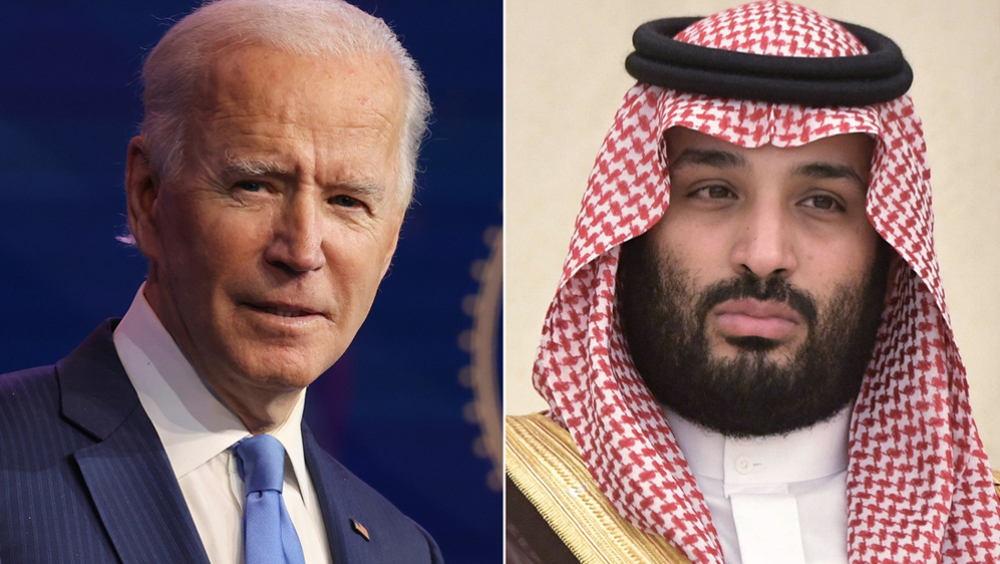
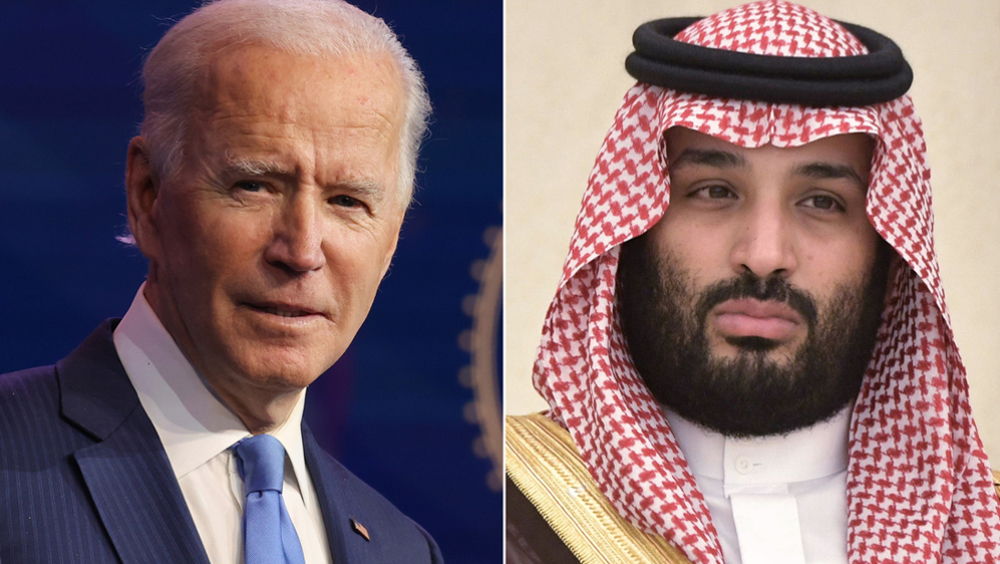
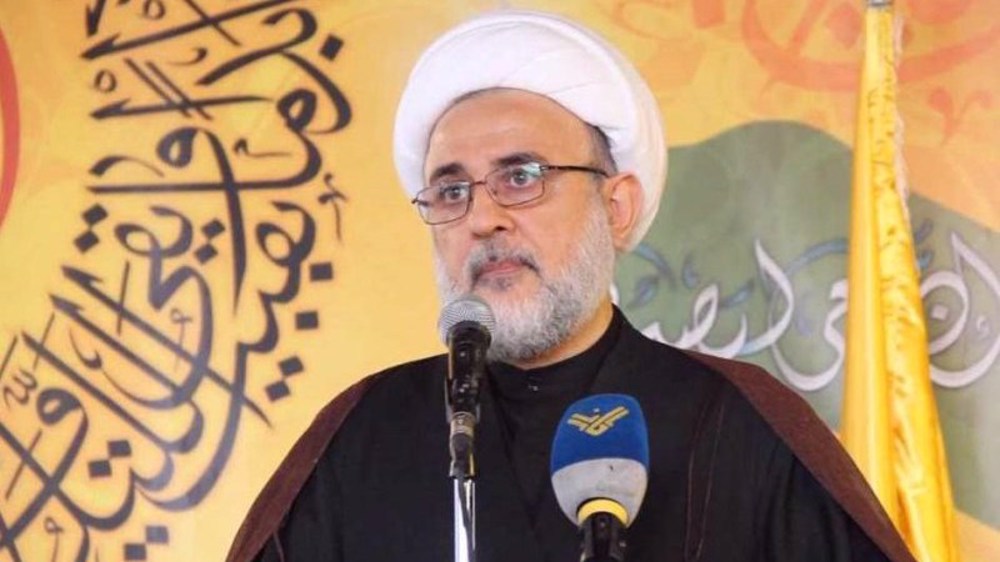
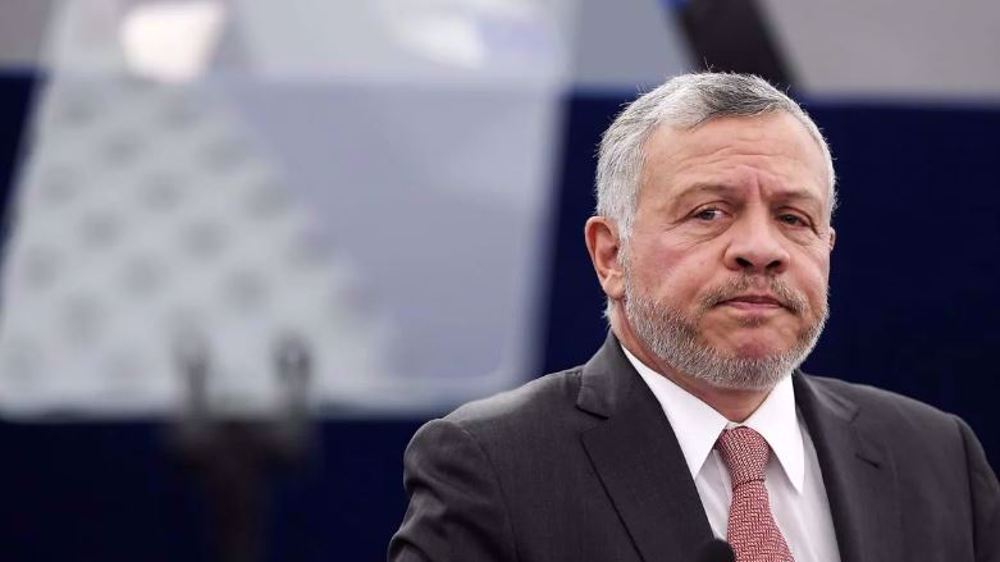

 This makes it easy to access the Press TV website
This makes it easy to access the Press TV website